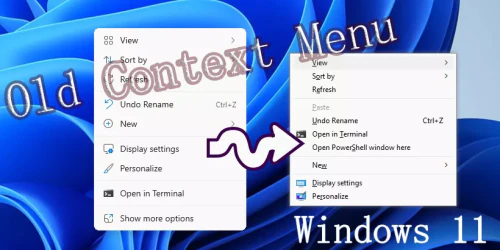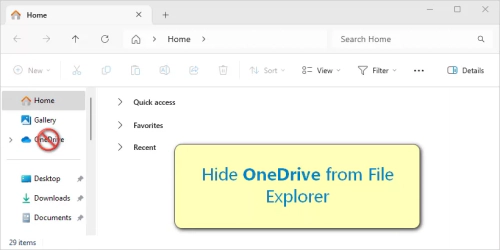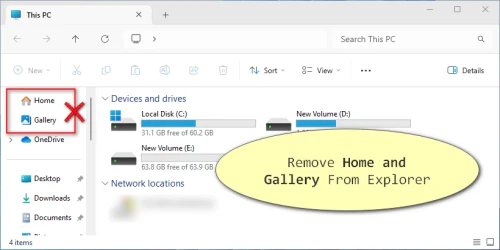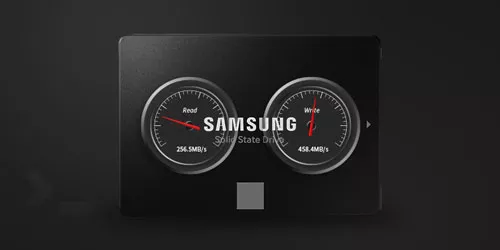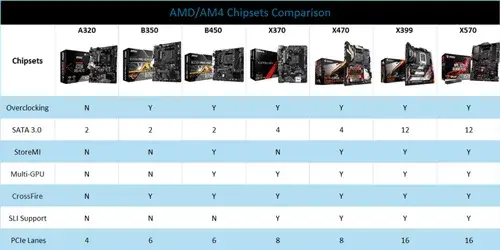How to Roll Back Microsoft Edge Version in Windows?

How to roll back the Microsoft Edge version in Windows? When we updated the Microsoft Edge browser to the latest version, we experienced some valuable features, however, we also met a few bugs that affected user experience. This article will tell you 2 effective ways to revert the Edge browser to the previous one.
Part 1: Preparations: Deploy Microsoft Edge Policy
Before rolling back Microsoft Edge to a previous version, you should first deploy the Microsoft Edge policy in the Windows device. Here are the steps:
Step 1: Download the relative version and policy files from Microsoft.com.
Step 2: Select channel/version → Select build → Select platform.
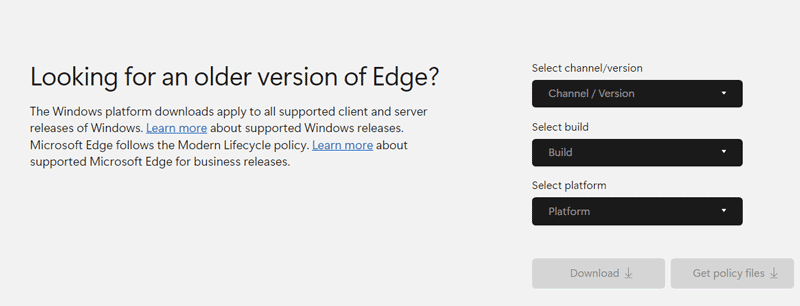
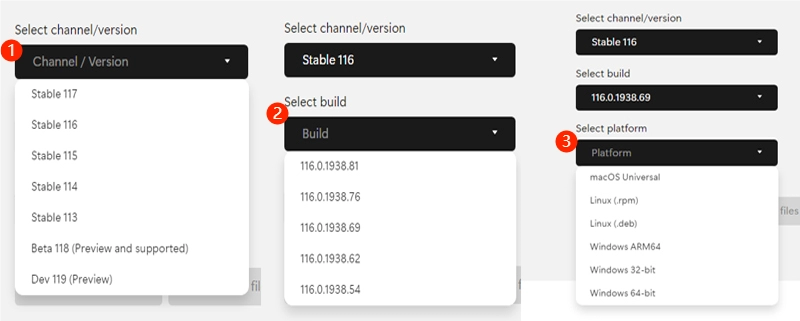
Step 3: After choosing the option of relative version, then click “Get policy files”. In the pop-up window, click Accept and download.
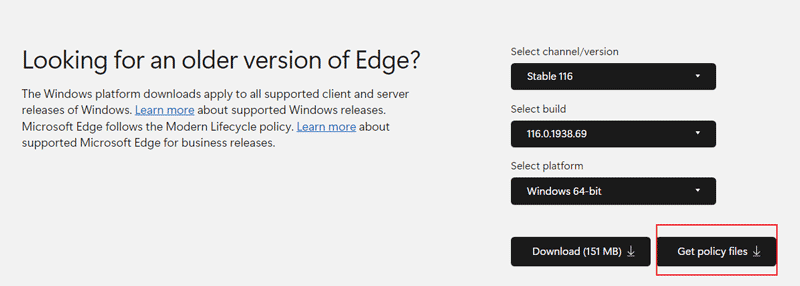
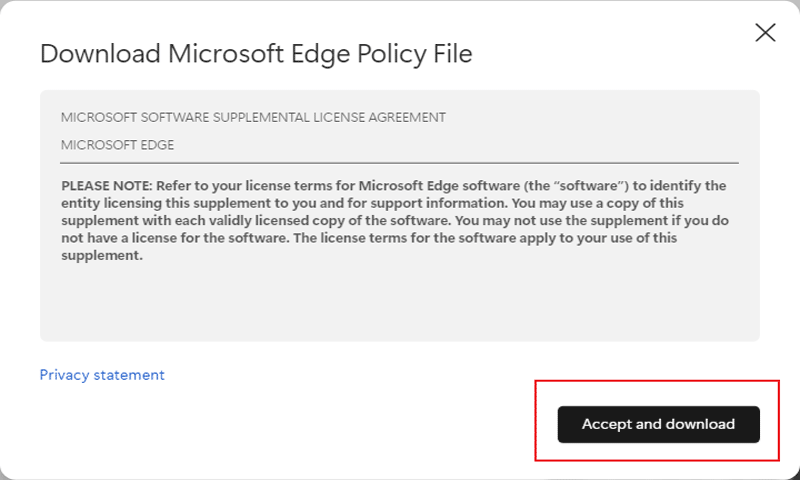
Step 4: Extract the MicrosoftEdgePolicyTemplates.cab → There is still a zip package of the extracted cab, then extract again.
Step 5: Click the windows file → Select admx file → Find the three files of the suffix of "admx".

Step 6: Copy the three files of the suffix of "admx" to the path: C:\Windows\PolicyDefinitions
Step 7: Choose your language in the admx file → Copy the three files whose prefix is msedge.adml to the place: C:\Windows\PolicyDefinitions\en-US

Step 8: Finishing the above steps, press “Win + R” and type “gpedit.msc” to check if the Microsoft Edge policy has been added.
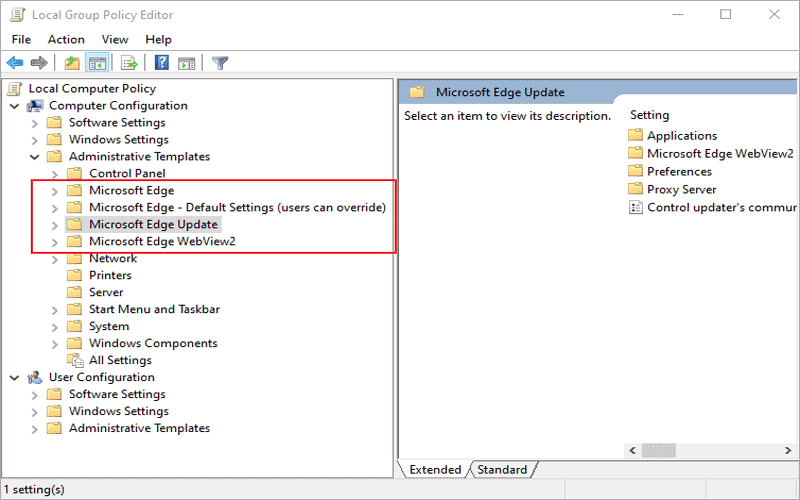
Part 2: Manually Roll Back to a Previous Version Using MSI
Step 1: Press “Win + R” → Type “gpedit.msc” then click OK.
Step 2: Visit the following route: Computer Configuration> Administrative Templates> Microsoft Edge Update> Applications > Microsoft Edge.
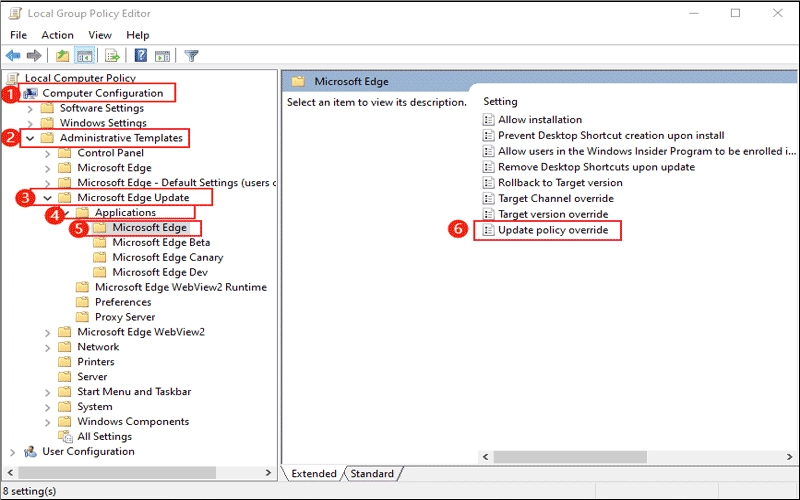
Step 3: Double-click "update policy override" → Choose Enabled → In the "Update Policy" option, select "Updates disabled", then click OK.
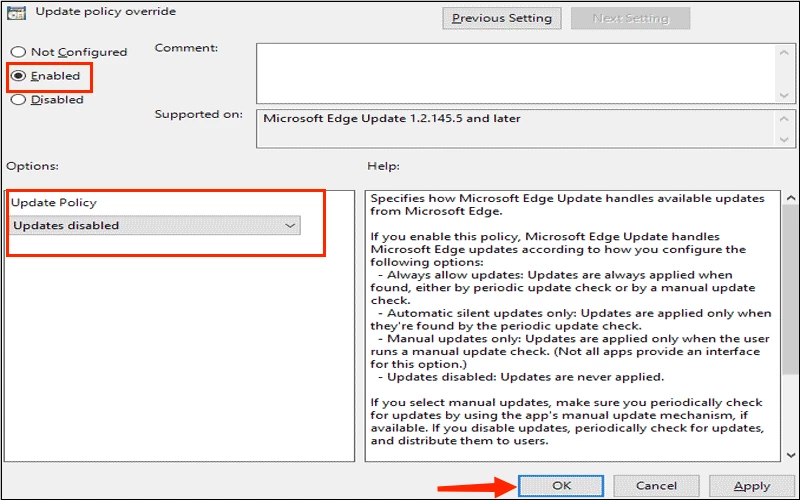
Step 4: Download the older version of Edge you want to roll back.
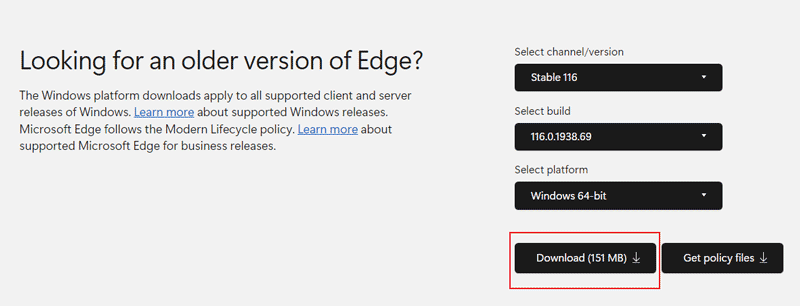
Step 5: Type "cmd" in the search bar and run as administrator.
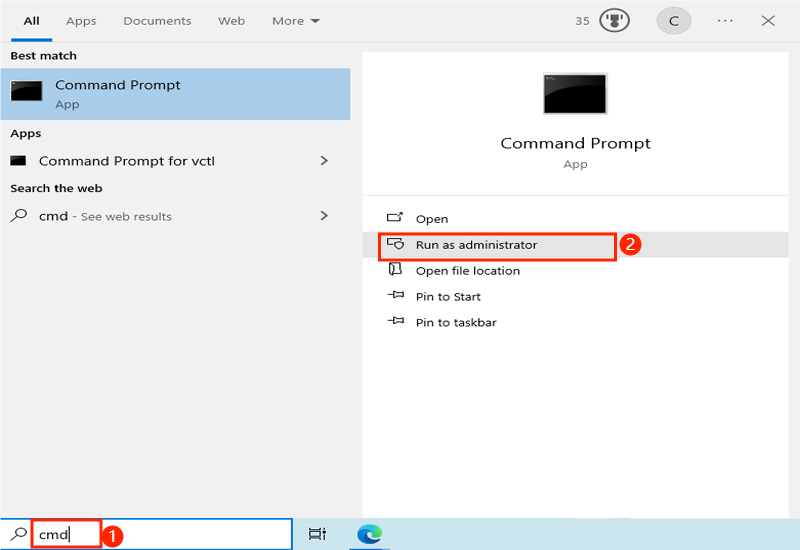
Step 6: Type the following command to downgrade the Microsoft Edge version, then hit the Enter button.
C:\Users\Lin\Downloads >msiexec /I MicrosoftEdgeEnterpriseX64.msi /qn ALLOWDOWNGRADE=1Note that “C:\Users\Lin\Downloads” is where you downloaded the MSI; “MicrosoftEdgeEnterpriseX64.msi” can be replaced with the MSI file name you downloaded.
Step 7: Close and reopen the Edge browser. You can copy edge://version/ in the address bar then click Enter button to check the Edge version. (You’d better not check the version in the "About Microsoft Edge" option for it may update to the latest version automatically.)

Part 3: Enable Rollback Using Microsoft Edge Update & Gpedit
Step 1: Press “Win + R” → Type “gpedit.msc”.
Step 2: Click these files in order: Computer Configuration> Administrative Templates> Microsoft Edge Update> Applications > Microsoft Edge.
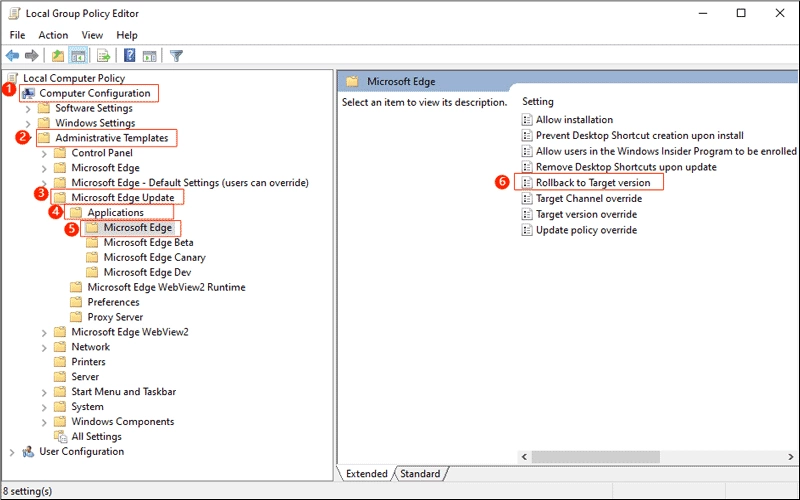
Step 3: Double-click the “Rollback to Target version” → Choose Enable, then click OK.
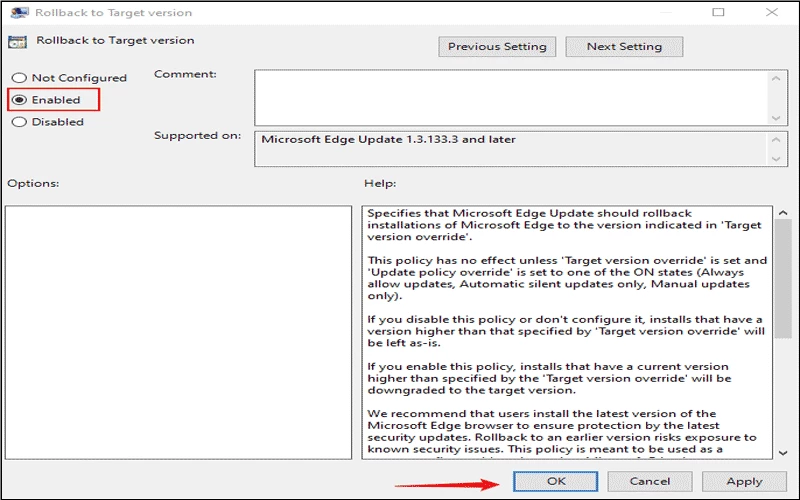
Step 4: Double-click “Target version override” → Click Enabled → Type the previous version you want to roll back, then click OK.
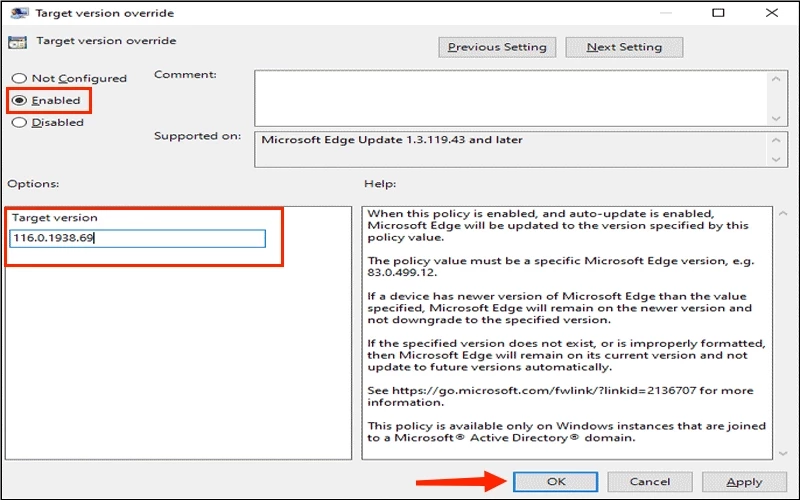
Step 5: Double-click “Update policy override” → Click Enabled → In the Update Policy option, choose between the “Always allow updates(recommended)” or “Automatic silent updates only” → Click OK to save your action.
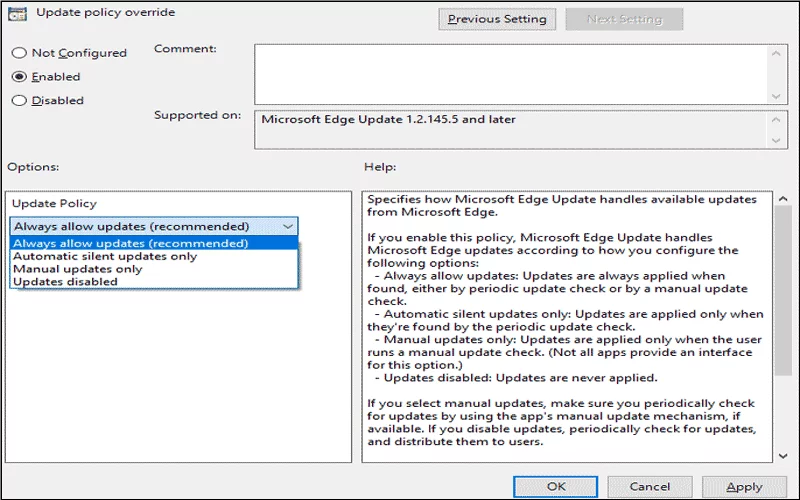
With the above steps, the version will roll back when the Microsoft Edge next update. If you want to roll back immediately, you can force to run gpedit update: turn on Windows Command Prompt with administrative privileges, type “gpupdate/force”, then hit Enter button.







